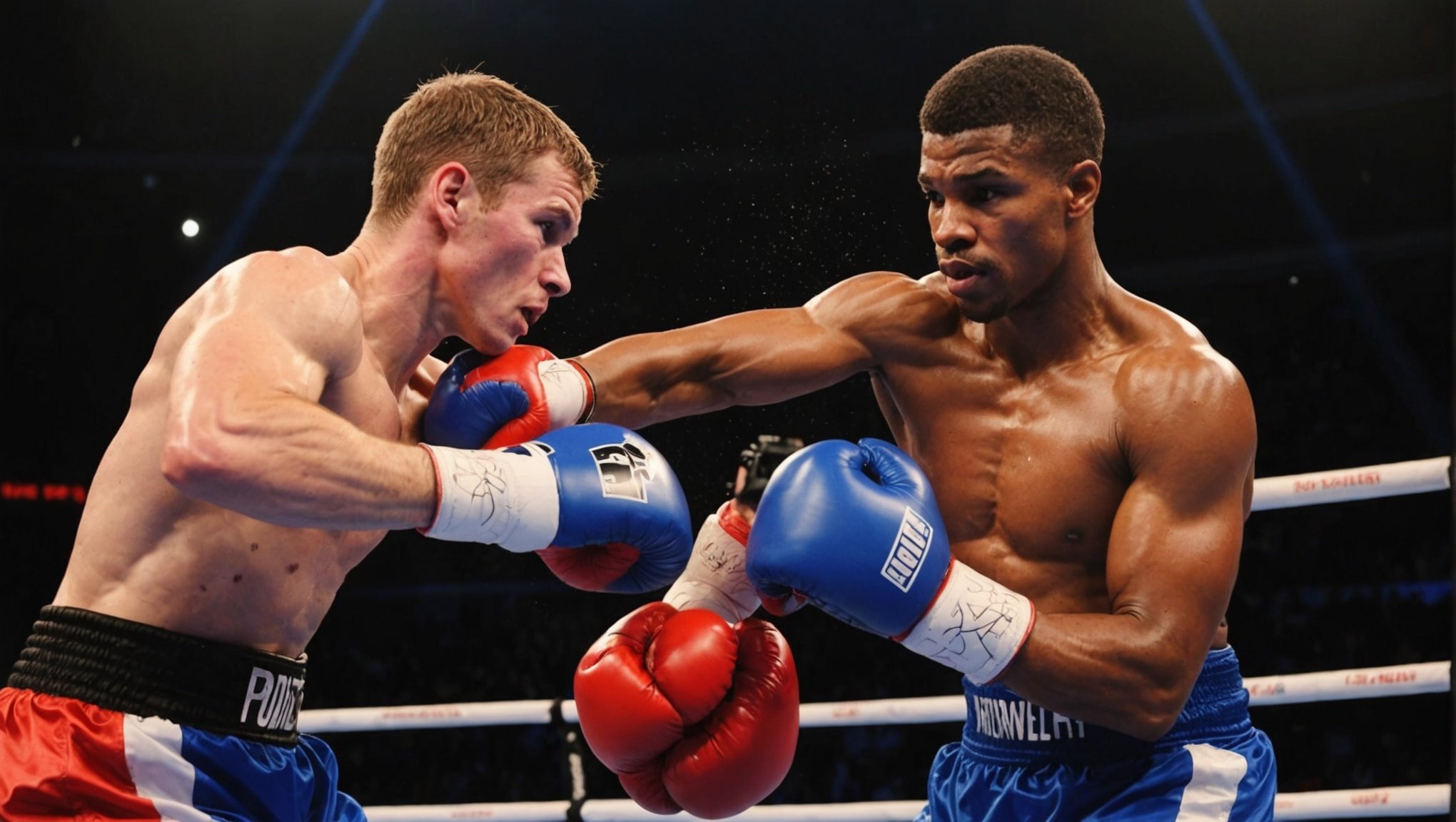Understanding Sports Psychology in Boxing
In the fierce realm of boxing, sports psychology plays an indispensable role in shaping a fighter’s success. Boxing psychology delves deep into the mental fortitude required to excel in the ring, where physical prowess is only part of the equation. Often, a boxer’s mental resilience can be the difference between victory and defeat.
Mental training is thus crucial for performance enhancement. It equips athletes with tools to manage pressure, maintain focus, and recover swiftly from setbacks. This differentiation from physical training allows boxers to hone skills such as visualisation, concentration, and emotional regulation. Through these techniques, fighters learn to maintain composure and make strategic decisions even amidst the chaos of a match.
Also to see : Top UK Combat Sports Academies: Find the Best Beginner-Friendly Programs
While general sports psychology covers a broad spectrum of mental skills applicable to numerous sports, boxing-specific techniques dive into niche areas pertinent to the sport’s unique demands. These may include coping with the solitary nature of training, preparing for intense one-on-one competition, and mastering the art of strategic aggression. By employing sports psychology, boxers not only build physical strength but also reinforce their mental armour, crafting well-rounded athletes ready to face any challenge.
Core Components of an Effective Program
In the realm of sports psychology programs, especially those for boxers, focusing on tailored mental training techniques can make a substantial difference. Mental skills development is crucial for boxers aiming to excel in the ring. Techniques such as mindfulness and cognitive restructuring help enhance concentration and reduce anxiety, allowing athletes to maintain their composure during intense bouts.
Also to see : Essential Nutrition Strategies to Enhance Performance for UK Wrestlers During Competition Season
Boxing strategies can be significantly bolstered through effective goal-setting. Setting SMART (Specific, Measurable, Achievable, Relevant, Time-bound) goals ensures that athletes have clear, attainable targets, driving improvements in training and performance. For instance, a boxer may set a goal to improve the speed of their jab over a six-week period, with regular assessments to track progress.
Visualisation practices are another critical component in these programs. By regularly envisioning successful outcomes and rehearsing specific movements, boxers can improve their focus and boost self-confidence. This mental imagery bridges the gap between practice and performance, preparing them mentally and physically for competitive scenarios.
An effective sports psychology program integrates these elements—tailored mental training, structured goal-setting strategies, and visualisation practices—to enhance a boxer’s competitive edge. By fostering resilience and mental agility, such programs contribute to holistic athletic development.
Addressing Performance Anxiety
Performance anxiety is common among boxers, often originating from fears of failure or injury, as well as intense pressure to perform. Coping strategies are essential for managing the stress experienced in high-stakes environments like boxing.
One effective method is implementing stress management techniques, such as deep breathing and mindfulness. These practices help athletes stay focused and calm. By taking slow, measured breaths and paying attention to their body’s sensations, boxers can reduce nervousness.
Mindfulness exercises, like meditation, enhance awareness and keep negative thoughts at bay. Consistently practising these techniques provides fighters with greater control over their mental state. Such coping strategies can often result in improved performance in the ring.
Incorporating stress management into a boxer’s routine ensures they’re prepared for the rigours of competition. Motivational self-talk and visualisation are also beneficial for mindset strengthening. Imagining success and rehearsing positive outcomes can boost confidence.
Recognising performance anxiety is the first step. Understanding that these feelings are typical allows boxers to address them proactively. Using tried-and-tested coping strategies can aid in transforming nervous energy into something empowering, ensuring they enter each match with a clear and calm mind.
Building Resilience in Boxers
In the rugged world of boxing, resilience training is a cornerstone of success. This vital component equips fighters with mental fortitude, enabling them to persevere through challenges inside the ring. But what defines resilience for boxers?
Resilience in boxing refers to a fighter’s ability to recover quickly from setbacks and maintain focus despite obstacles. It’s about cultivating a strong mindset that’s not easily swayed by failures or adversities. For boxers, resilience is not just a desirable trait—it’s essential for sustaining a competitive edge.
Fostering mental toughness involves several strategies. Firstly, embracing adversity as a learning opportunity helps fighters adapt their techniques and approaches. Secondly, structured meditation and mindfulness practices can enhance focus and composure during high-stress situations. Thirdly, training routines should simulate unpredictable scenarios, preparing boxers to remain steadfast under pressure.
Consider the stories of elite fighters like Muhammad Ali and Katie Taylor, who exemplify resilience through their unwavering commitment and ability to overcome defeats. Their journey illustrates the potent combination of mental toughness and a resilient mindset in achieving boxing glory.
In essence, building resilience in boxers not only enhances physical performance but also fortifies their psychological resilience, securing their triumphs both inside and outside the ring.
Expert Insights and Resources
Delving into sports psychology offers a multitude of insights, especially from seasoned experts. Engaging with professionals in the UK, sports psychologists share their experiences and techniques that enhance an athlete’s mental game. These expert opinions are invaluable for athletes seeking to improve focus, motivation, and performance.
In particular, notable case studies illustrate how sports psychology transforms an athlete’s career. For instance, a well-documented case involves a boxer who overcame performance anxiety through tailored mental conditioning, showcasing the significant impact of psychological strategies.
Beyond personal stories, recommended sports psychology resources enable enthusiasts to explore this field deeply. Books, such as “Mind Gym: An Athlete’s Guide to Inner Excellence,” offer practical advice. Additionally, online platforms and workshops helmed by renowned psychologists provide engaging, comprehensive learning opportunities.
Incorporating sports psychology into training regimens can revolutionise one’s approach to boxing, ensuring mental resilience under pressure. For deeper exploration, consider delving into these resources to unlock your potential fully.






